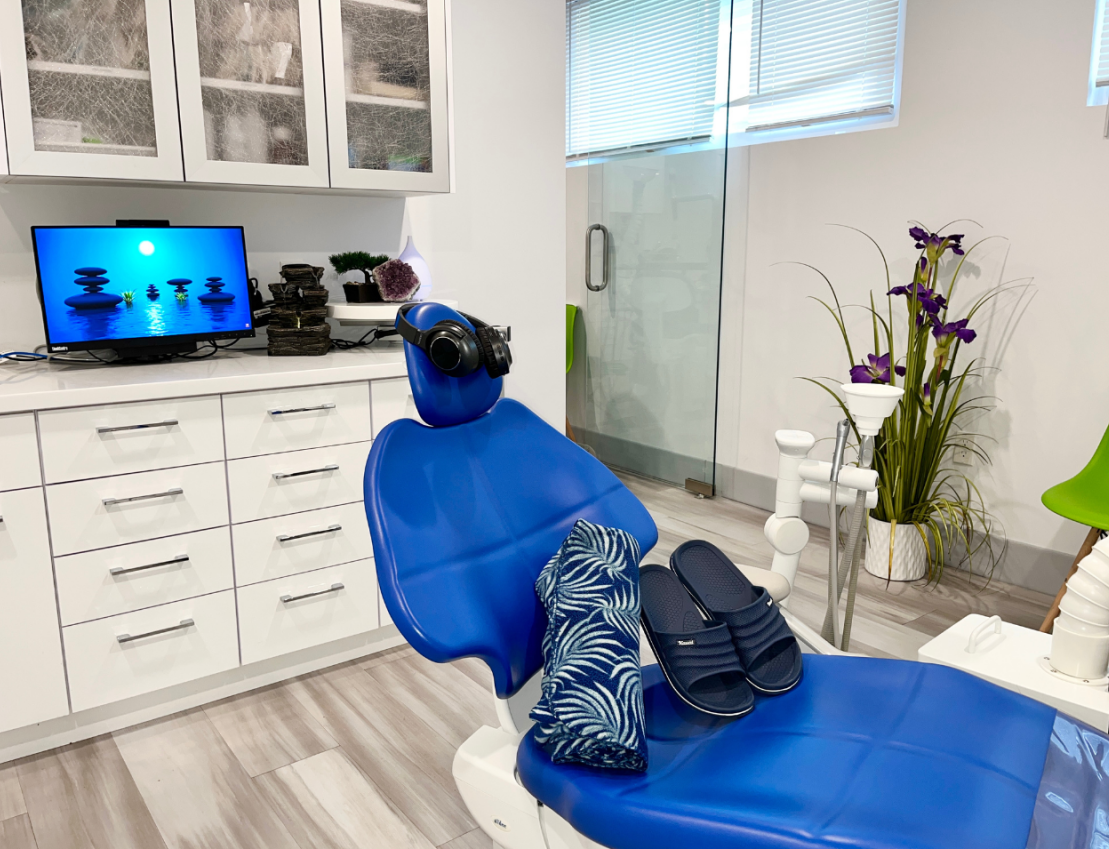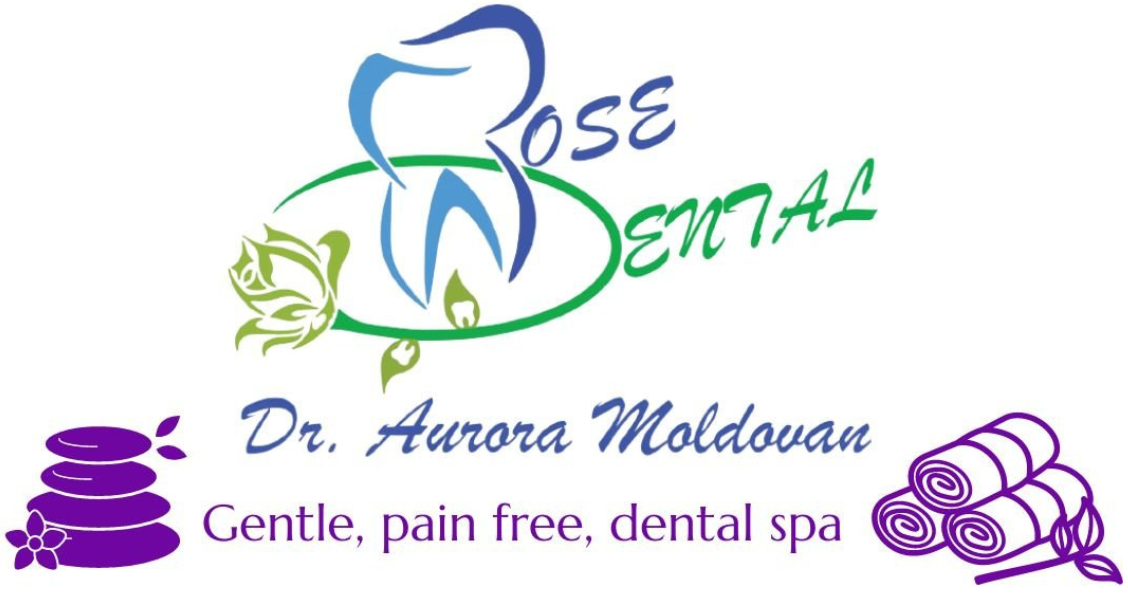Care After Bone Grafting
Your bone graft is typically particulate bone and is much the consistency of coarse sand. As a result, you may find some small granules in your mouth for the first several days. Do not be alarmed. It is normal to have some of these granules periodically come out of the graft site and into your mouth. You can do some things to minimize the number of particles that become dislodged.
- Do not disturb or touch the wound
- Avoid rinsing or spitting for 2 days to allow blood clot and graft material stabilization
- Do not apply pressure with your tongue or fingers to the grafted area, as the material is movable during the initial healing
- Do not constantly lift or pull on the lip to look at the sutures. This can actually cause damage to the wound, dislodge the membrane, or tear the sutures
- Do not smoke if possible, for at least 2 weeks
- If numbness of the lip, chin, or tongue occurs there is no cause for alarm. As stated before surgery, this is usually temporary in nature. You should be aware that if your lip or tongue is numb, you could bite it and not feel the sensation. So be careful. Call our office if you have any questions.
- A slight elevation of temperature immediately following surgery is not uncommon. If your fever persists, notify our office. Tylenol or Ibuprofen should be taken to reduce fever.
- You should be careful going from laying down position to standing. You were not able to eat or drink during surgery. It was also difficult to take fluids after surgery. Taking pain medications can make you dizzy. You could get lightheaded when you stand up suddenly. Before standing up, you should sit for a few moments and then get up.
- If the corners of your mouth are stretched, they may dry out and crack. Your lips are kept moist with an ointment such as Vaseline or other lip balms.
- Sore throats and pain when swallowing is not uncommon. The muscles adjacent to the surgical sites can become inflamed and subsequently give some discomfort during swallowing. This will subside in 2-3 days.
- Stiffness (trimus) of the jaw muscles may cause some difficulty in opening your mouth for a few days following surgery. This is a normal post-operative event, which will resolve typically in several days.

